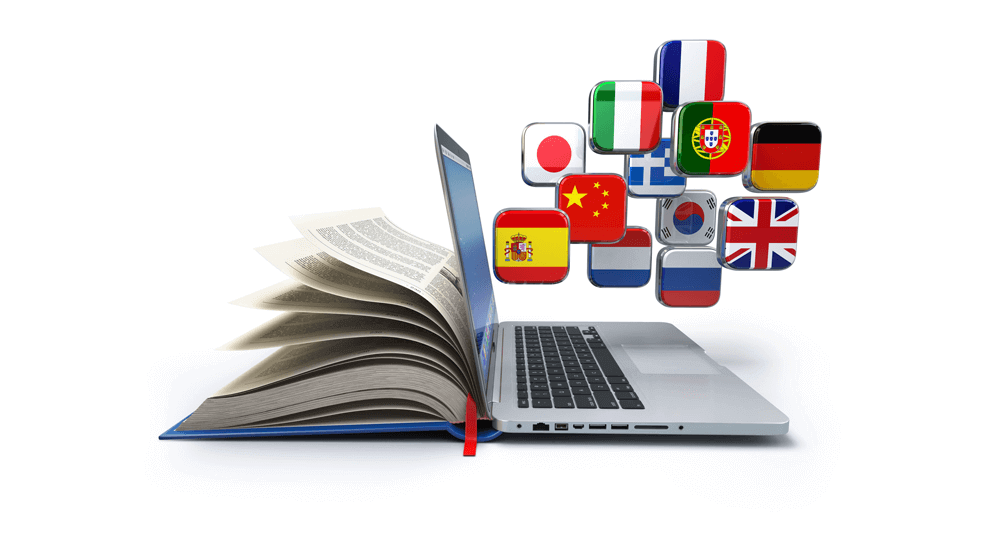Share
In today’s global business environment, companies are recognizing the value of a diverse and multilingual workforce. One of the most effective ways to support this diversity is through a multilingual learning management system (LMS), but what exactly is multilingual training, and how can it benefit your organization?
READ: Improve Diversity and Inclusion with Your Learning Management System
A multilingual learning management system is a digital platform designed to deliver training and educational content in multiple languages. It allows organizations to create, manage, and distribute training materials that cater to the language needs of their employees. This ability is crucial for companies operating in diverse regions or those with a multicultural team, ensuring that language barriers do not affect learning and development.
- 90% of employers rely on bilingual and multilingual employees, especially for business development and expansion into new markets.
- 56% of employers report that their demand for bilingual and multilingual speakers will increase over the next five years. (source: Workforce Essentials)
Benefits of Multilingual Training Courses
Boost employee engagement
When employees receive training in their native language, they are more likely to understand and engage with the content. This leads to increased confidence and less confusion, which makes the training more effective and enjoyable.
Improve course completion rates + knowledge retention
Training in a familiar language enhances comprehension, leading to better retention of information. This improves course completion rates as employees feel more capable of following through with their training programs.
Improve overall work performance and productivity
Employees who understand their training materials fully are better equipped to apply what they’ve learned to their daily tasks. This leads to better work performance and overall productivity, benefiting both the employee and the organization.
Increase employee retention
Providing training in multiple languages shows a commitment to employee development and inclusivity. This fosters a sense of belonging and loyalty, reducing turnover rates and increasing retention.
LEARN: Why Upskilling is the Key to Employee Retention
Facilitating personal and professional development
Multilingual training supports both personal and professional growth by making learning available to all employees, regardless of their language knowledge. This creates opportunities for career advancement and skill development.
Supporting compliance training
Compliance training is very important to help employees understand and comply with legal and regulatory requirements. Having this training in multiple languages ensures that all employees can understand and follow protocols, reducing the risk of non-compliance.
READ: HR Compliance: What is HR’s Role in Ensuring Compliance
Stronger relationship with employees
When employees feel supported and valued through multilingual training initiatives, their overall job satisfaction increases. This strengthens the relationship between the organization and its employees.
Facilitate career advancement
By offering training in various languages, organizations enable employees to gain new skills and knowledge that are essential for career development. This breeds a culture of continuous learning and progression.
DISCOVER: Meaningful Learning: Changing How Employees Think about Training
Improved intercultural sensitivity
Multilingual training promotes DEI by acknowledging and respecting the language diversity of the workforce. It helps in building intercultural sensitivity and communication, creating a more inclusive and bright workplace environment.
READ: Improve Diversity and Inclusion with Your Learning Management System
Broaden your business’ reach/appeal
A multilingual workforce can better serve a diverse customer base. Employees who are multilingual or trained in multiple languages can communicate with more customers effectively, leading to higher satisfaction and loyalty.
Netchex Offers Multilingual Training with LMS
Netchex understands the importance of multilingual training and offers a comprehensive LMS solution to meet these needs. Our platform allows organizations to deliver training in English and Spanish, ensuring that all employees have access to the knowledge and skills they need.
By implementing Netchex’s multilingual LMS, companies can feel the numerous benefits of a diverse and well-trained workforce. From boosting employee engagement and retention to enhancing performance and compliance, the advantages are clear. Embrace the power of multilingual training and transform your organization into a more inclusive, productive and successful place.
For more information about Netchex’s multilingual LMS solutions, visit https://netchex.com/solutions/learning-management.
Discover how Netchex can help your organization develop effective DEI policy:
Related articles

Car Dealership Training: Building Stronger Teams with Targeted Development Programs

Tips for Improving Virtual Training Completion Rates with an LMS

How to Create an Effective Employee Training Program Using LMS

